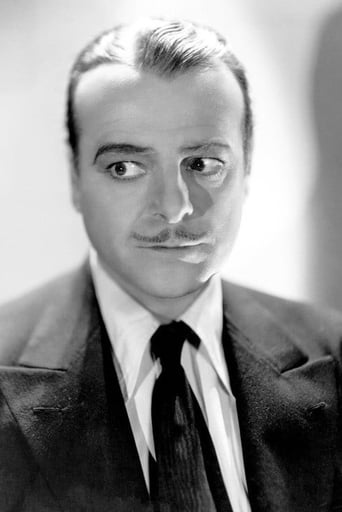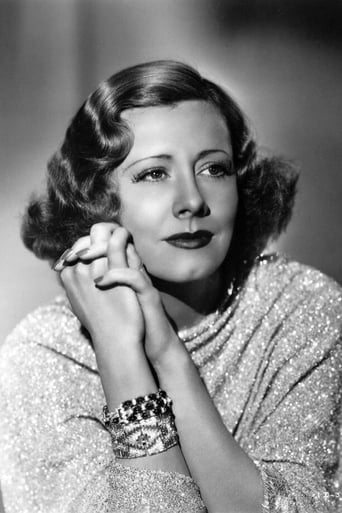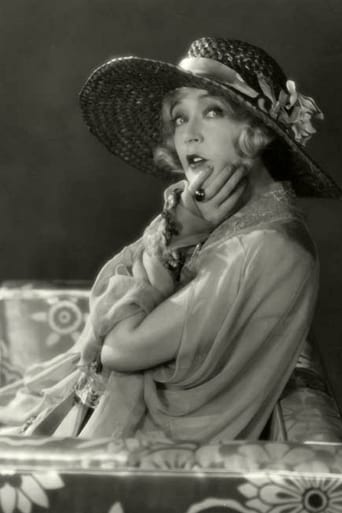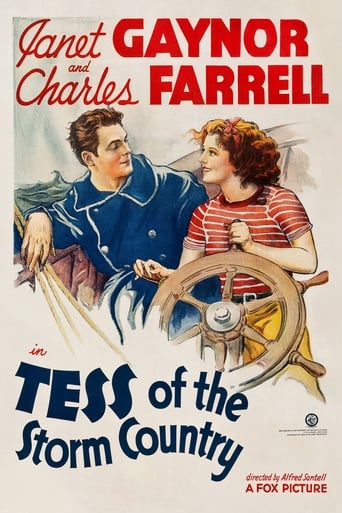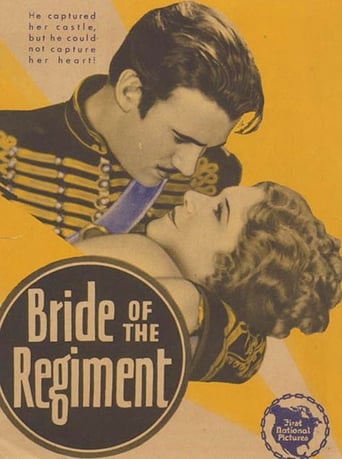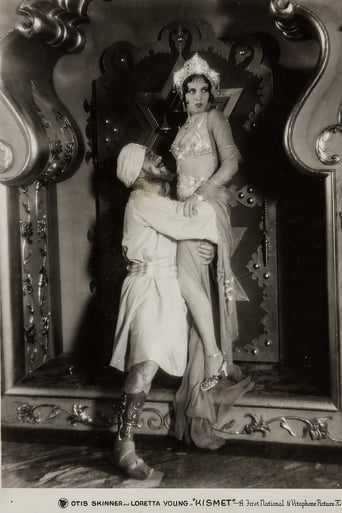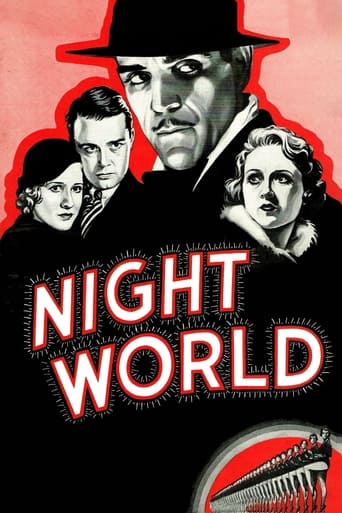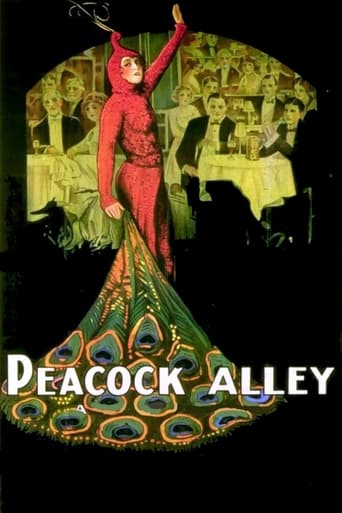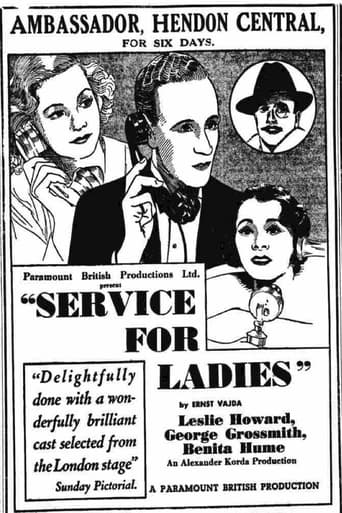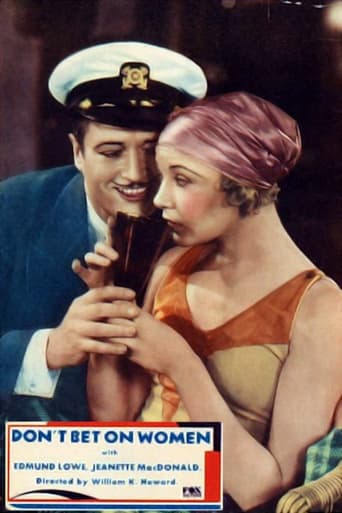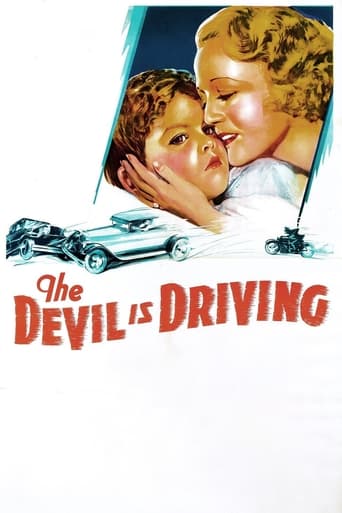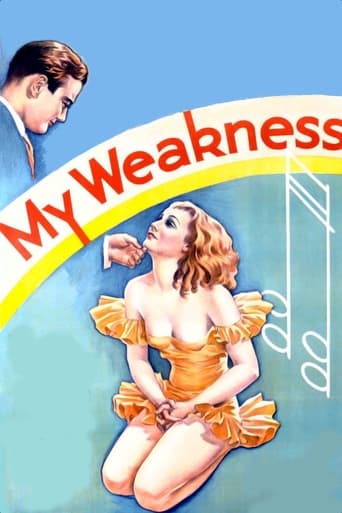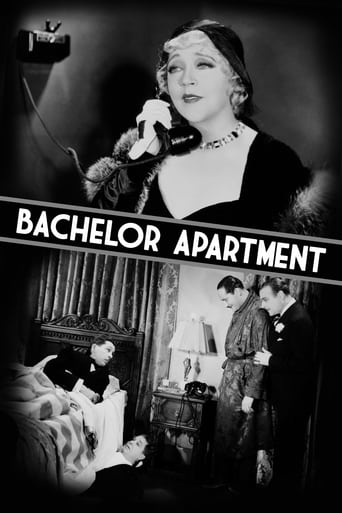
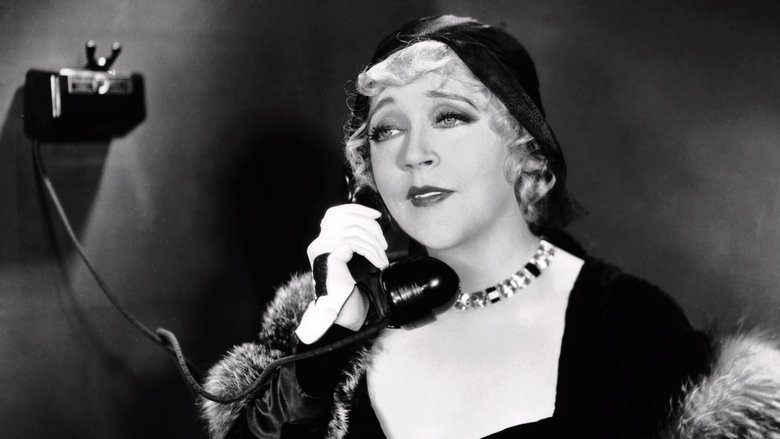
Bachelor Apartment (1931)
A New York playboy, Wayne Carter, dates wild women until he falls for a hard-working stenographer, Helene Andrews.
Watch Trailer
Cast


Similar titles
Reviews
Besides the open way sex and social climbing are treated (among heterosexual characters) and the explicit references to marijuana and cocaine in the previous years to the Hays Code enforcement in American cinema, «Bachelor Apartment» is interesting for it was written by open leftist playwright John Howard Lawson, a Jewish- American who would become a member of the US Communist Party, president of the west wing of the Writers Guilds of America and one of the "Hollywood Ten" who were imprisoned and black-listed during the anti-communist pursuits of Republican U.S. Senator Joseph McCarthy in the early 1950s. However there is not much here to consider as progressive, daring or a menace to the status quo, apart from the female leading role, a working class woman whose dignity and self-respect (especially as played by Irene Dunne) set her apart from the other women in the movie. Lawson later stated that there was no adaptation of his script and it was shot as he had written it, so in the end the movie follows the formula of the romantic comedy, and reinforces the traditional gender and social roles of both men and women. So it is no wonder that Lawson decided to go South and learn a bit about social classes in 1934, after being accused by his fellow party members that he had "a lack of ideological and political commitment" and wrote "adolescent works that lacked moral fiber or clear ideas". But for its historical value, fast rhythm and a couple of enjoyable characterizations (by Mae Murray, a gentler version of Mae West, and Charles Coleman as the butler, with a curious scene full of innuendo in his exchange with a messenger) «Bachelor Apartment» is worth a look.
That aging playboy Lowell Sherman has all the women in New York ga-ga with his love-making, breaking up homes and even keeping a closet filled with women's clothes (where one size fits all) for convenience. A misunderstanding between sisters Claudia Dell and Irene Dunne brings Dunne to Sherman's penthouse and within days, Dunne is working as Sherman's executive secretary, creating a lot of office gossip. At first aloof, she bends her high moral standards when a jealous husband (and old pal of Sherman's) accuses him of having an affair with his wife (Madge Murray) who has been trying to seduce Sherman for months. While this certainly creates the right atmosphere of the working girl's life during depression era New York City, it lacks in credibility with Sherman's eternal playboy character, played by him far too often after he was truly a bit long in the tooth. The double-chinned, portly Sherman even directed this (as usual), giving it an egotistical smell that left me shaking my head. Dunne comes off unscathed as she is always likable, but Mae Murray (as the pesky married woman stalking Sherman) is entirely obnoxious. This is still interesting for its pre-code elements if you can stomach watching Sherman constantly ogling the young ladies like some lecherous old fool.
The studios must have been grinding these quickies out like Papa John's pizza pies during the 20s, 30s, and 40s, and why not? What else was there? Radio, but no television, and the movies themselves didn't cost a fortune and didn't run red with blood.This confusing and essentially uninteresting story has Lowell Sherman, who also directed, as a wealthy playboy businessman whose apartment overflows with women, many of them showing up at the wrong time, and the occasional murderously jealous husband.The most interesting shot is the opening scene, the aftermath of the previous evening's debauch. Rollins, the bald and stuffy butler, begins to clean up the mess -- cocktail glasses, overturned bottles, ash trays -- and when he get to one ash tray he picks up a butt, sniffs it, and shrugs. (It's weed; this was pre-code and during prohibition too, but you could still get away with stuff like that.) There is a quick shot of a lady's open compact with powder spilled on the chair seat and Rollins' eyes open in shock. Yes, that too.Sherman finally appears in what I suppose passed for comfortable morning attire, a buttoned-up collar and tie, and a silk dressing gown. Maybe bachelors feel comfortable and casual in a tie because they're different from the rest of us. Sherman's playboy has a lot of quick patter with the butler over such subjects as scrambled eggs for breakfast. Cary Grant might have pulled off something like this a few years later but Sherman has a thin mustache and nervous hands and he's chunky. It's hard to imagine what draws women to him.Irene Dunne and her sister are the only two women of principle. Dunne gives an adequate if unexciting performance as the humble secretary who ends the movie in a clinch with the pawky Sherman. Several nice shots of blonds running around in their skivvies, though, for what it's worth. Pre-code can be fun.
It may be 1931, but there's no hint of an economic depression among the well-upholstered lounge lizards of Manhattan. It's pretty much a steady round of casual couplings and uncouplings among the urban sophisticates. Not much of a plot except for middle-aged Lothario (Sherman) slowly falling for nice girl Helene (Dunne). Movie's main interest is in its provocative pre-Code liberties—innuendoes fly fast, while some clinging gowns leave little to the imagination. It's a talky script with some clever lines, and if there's little action, at least director Sherman keeps things moving. The comedy is more occasional than sparkling, but does have its moments, even though Dunne surprisingly gets few laugh lines. All in all, it's a fairly entertaining antique with a good glimpse of bygone fashions.


